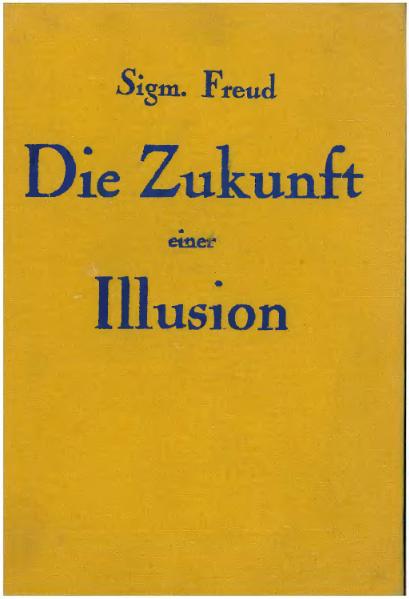
The notion, common among some adherents of the “New Atheism,” that religion is a mental illness or a product of emotional dysfunction, is commonly traced back to the late Dr. Sigmund Freud. (It rests on roughly the same rigorous analysis of empirical data that’s used to support much of Freudianism.)
This passage, however, shows quite clearly that ancient unbelievers already knew how to play the madness card two thousand years ago. It’s nothing new.
Freud regarded God as an illusion growing out of an infantile need for a powerful father figure. Religion, he acknowledged, had perhaps been necessary to help us restrain violent impulses earlier in human history, when civilization was still evolving , but, he argued, it can now be discarded and replaced by reason and science.
Paul Vitz, an emeritus professor of psychology at New York University, turned Freud’s notion on its head in his book Faith of the Fatherless: The Psychology of Atheism by analyzing the relationships of several historically influential atheists — including Dr. Freud himself — with their fathers. He sees atheism as arising, in many of these cases, from problematic relationships with fathers.
Armand Nicholi, clinical professor of psychiatry at Harvard and editor and co-author of The Harvard Guide to Psychiatry, published The Question of God: C. S. Lewis and Sigmund Freud Debate God, Love, Sex, and the Meaning of Life about a decade ago. It’s based on a course that Dr. Nicholi has now taught for roughly thirty-five years at Harvard College and Harvard Medical School. In my judgment, Freud doesn’t fare well in the comparison.
Posted from Bountiful, Utah










